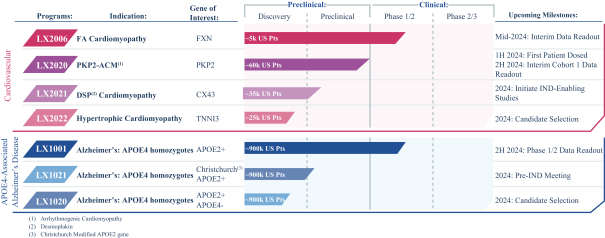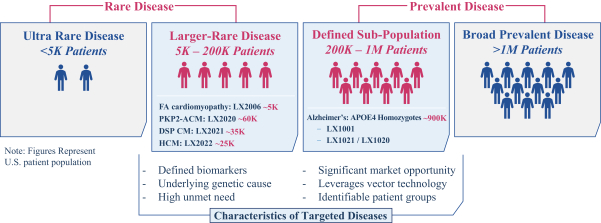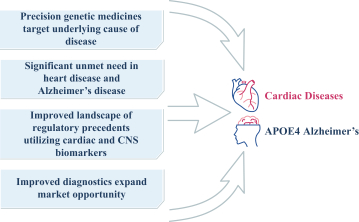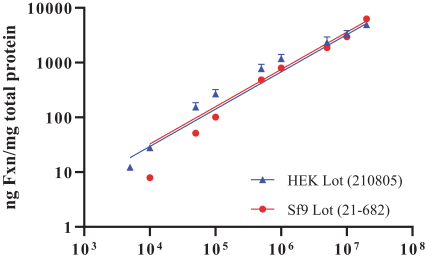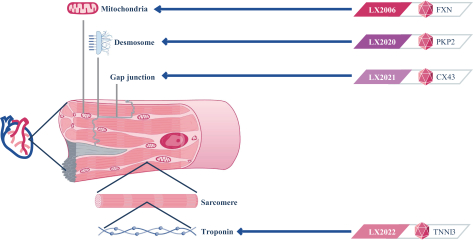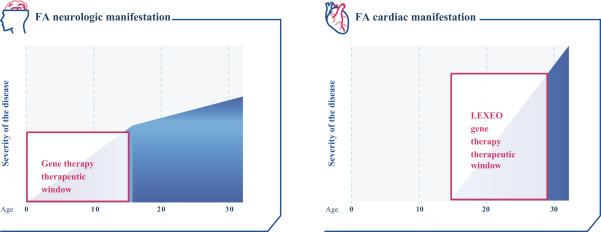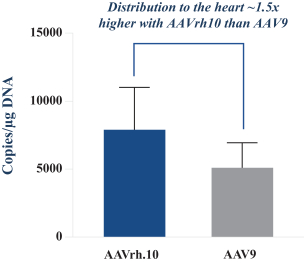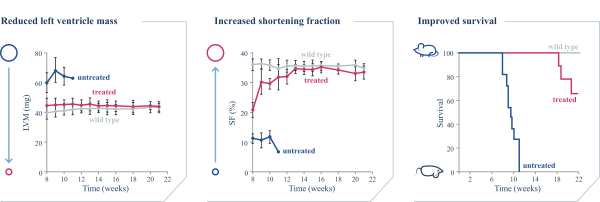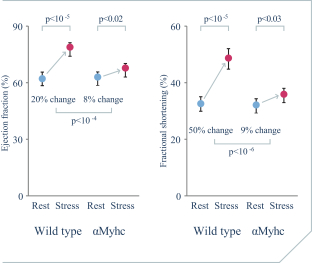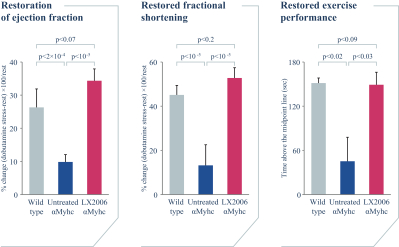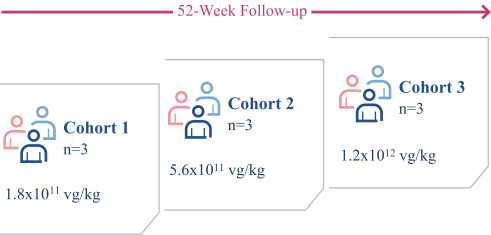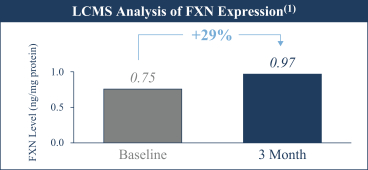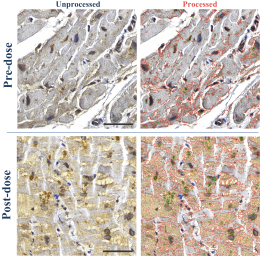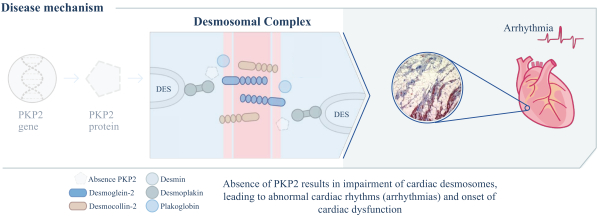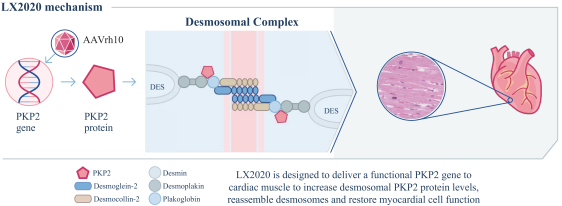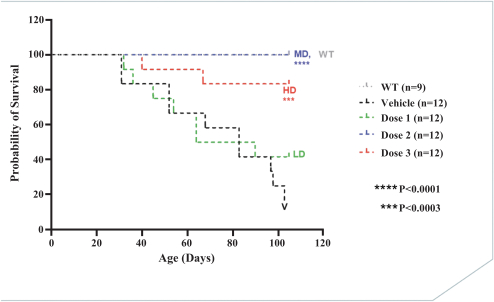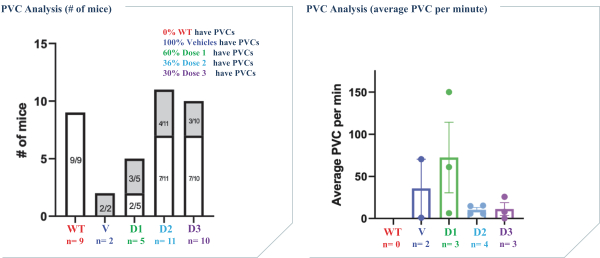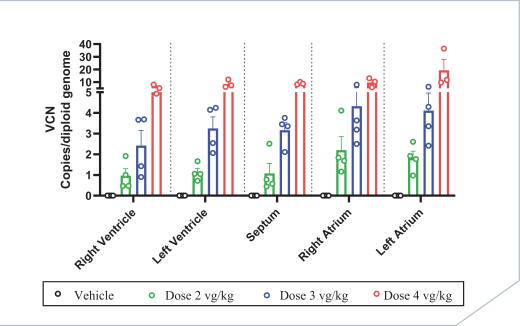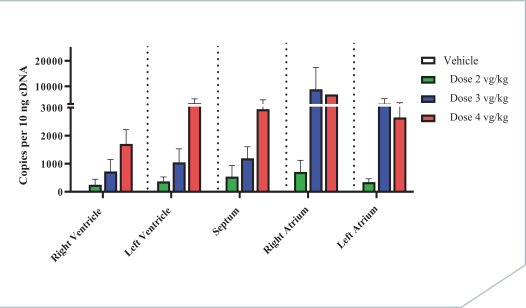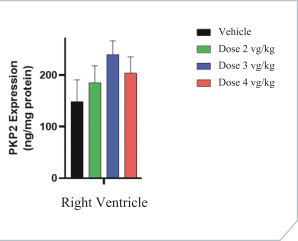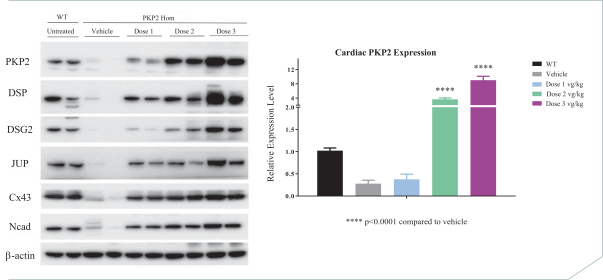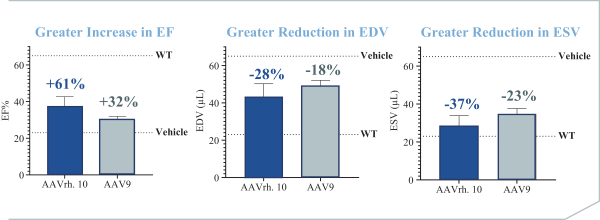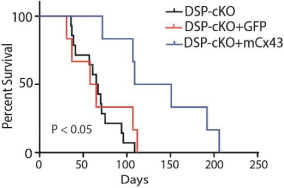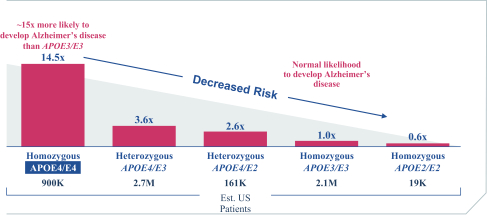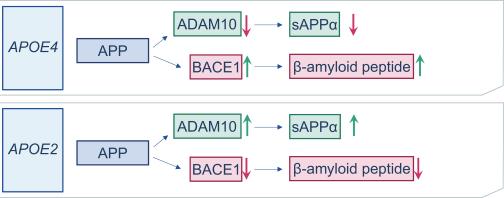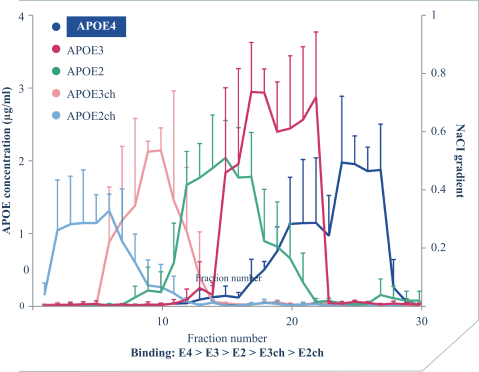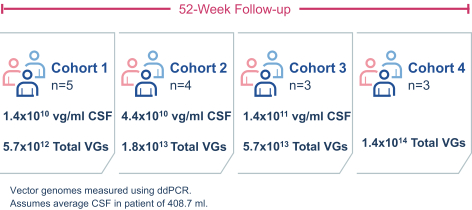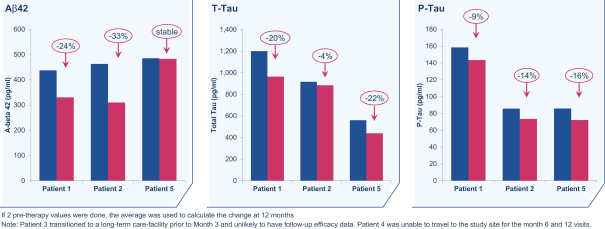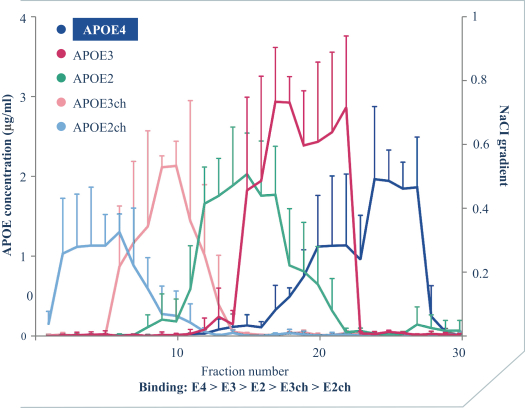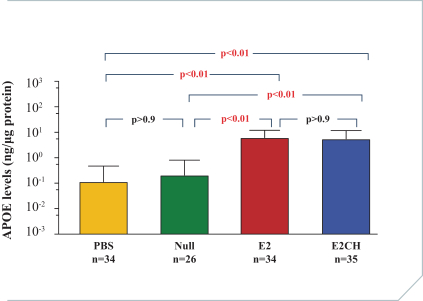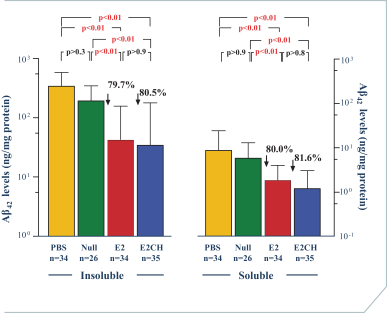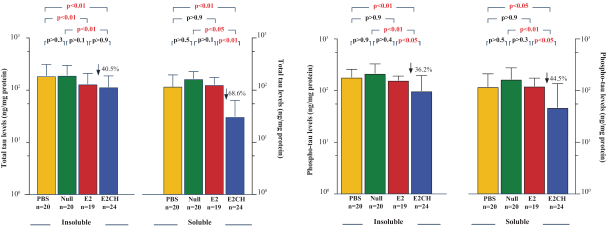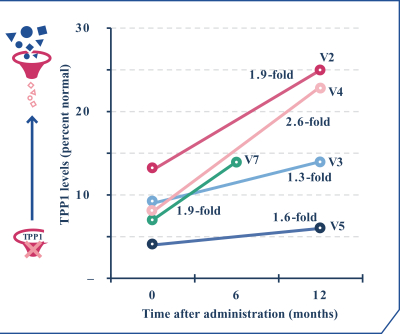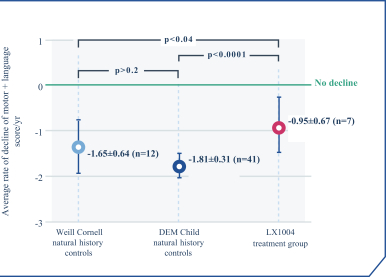laws, some of which were further modified by the Coronavirus Aid, Relief, and Economic Security Act, or the CARES Act, and may be modified in the future by the current or a future presidential administration. Among other changes, the Tax Act amended the Code to require that certain research and experimental expenditures be capitalized and amortized over five years if incurred in the United States or fifteen years if incurred in foreign jurisdictions for taxable years beginning after December 31, 2021. Although the U.S. Congress has considered legislation that would defer, modify, or repeal the capitalization and amortization requirement, there is no assurance that such changes will be made. If the requirement is not deferred, repealed, or otherwise modified, it may increase our cash taxes and effective tax rate. In addition, it is uncertain if and to what extent various states will conform to the IRA, the Tax Act, the CARES Act, or any future U.S. federal tax laws. Changes in corporate tax rates, the realization of net deferred tax assets relating to our operations, the taxation of foreign earnings, and the deductibility of expenses could have a material impact on the value of our deferred tax assets, result in significant one-time charges, and increase our future U.S. tax expenses.
Our business and operations would suffer in the event of system failures, cyberattacks or a deficiency in our or our CMOs’, CROs’, manufacturers’, contractors’, consultants’ or collaborators’ cybersecurity.
Despite the implementation of security measures, our internal computer systems, as well as those of third parties on which we rely, are vulnerable to damage from, among other things, computer viruses, malware, unauthorized access, natural disasters, terrorism, war telecommunication and electrical failures, system malfunctions, cyberattacks or cyber-intrusions over the Internet, attachments to emails, phishing attacks, persons inside our organization, or persons with access to systems inside our organization. The risk of a security breach or disruption, particularly through cyberattacks or cyber intrusion, including by computer hackers, foreign governments and cyber terrorists, has generally increased as the number, intensity and sophistication of attempted attacks and intrusions from around the world have increased. If such an event were to occur and cause interruptions in our operations, it could lead to the loss, destruction, alteration, prevention of access to, disclosure, dissemination of, or damage or unauthorized access to, our data (including trade secrets or other confidential information, intellectual property, proprietary business information and personal data) or data that is processed or maintained on our behalf, and cause interruptions in our operations, which could result in a material disruption of our product candidate development programs. For example, the loss of preclinical study or clinical trial data from completed, ongoing or planned trials could result in delays in our regulatory approval efforts and significantly increase our costs to recover or reproduce the data. To the extent that any disruption or security breach were to result in a loss of or damage to our data or applications, or inappropriate disclosure of personal, confidential or proprietary information, we could incur liability and the further development of our product candidates could be delayed.
In the ordinary course of our business, we collect and store sensitive data, including intellectual property, clinical trial data, proprietary business information, personal data and personally identifiable information of our clinical trial subjects and employees, in our data centers and on our networks. The secure processing, maintenance and transmission of this information is critical to our operations. Despite our security measures, we cannot ensure that our information technology and infrastructure will prevent breakdowns or breaches in our or their systems or other cybersecurity incidents that cause loss, destruction, unavailability, alteration, dissemination of, or damage or unauthorized access to, our data, including personal data, assets and other data processed or maintained on our behalf, that could have a material adverse effect upon our reputation, business, operations or financial condition. Although, to our knowledge, we have not experienced any such material security breach to date, any such breach could compromise our networks and the information stored there could be accessed, publicly disclosed, lost or stolen. Any such access, disclosure or other loss of information could result in legal claims or proceedings, liability under laws that protect the privacy of personal information, significant regulatory penalties, and such an event could disrupt our operations, damage our reputation, and cause a loss of confidence in us and our ability to
87

